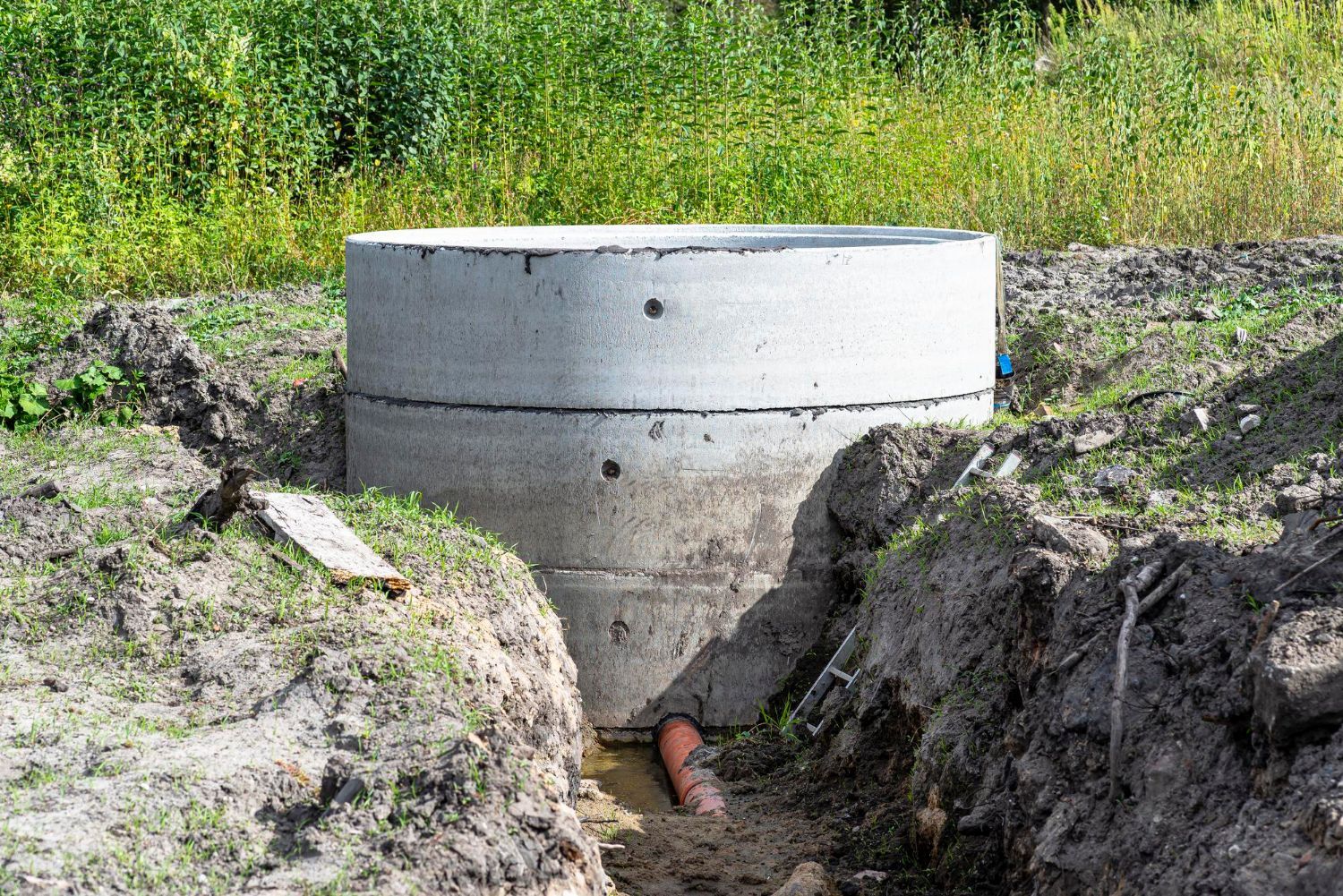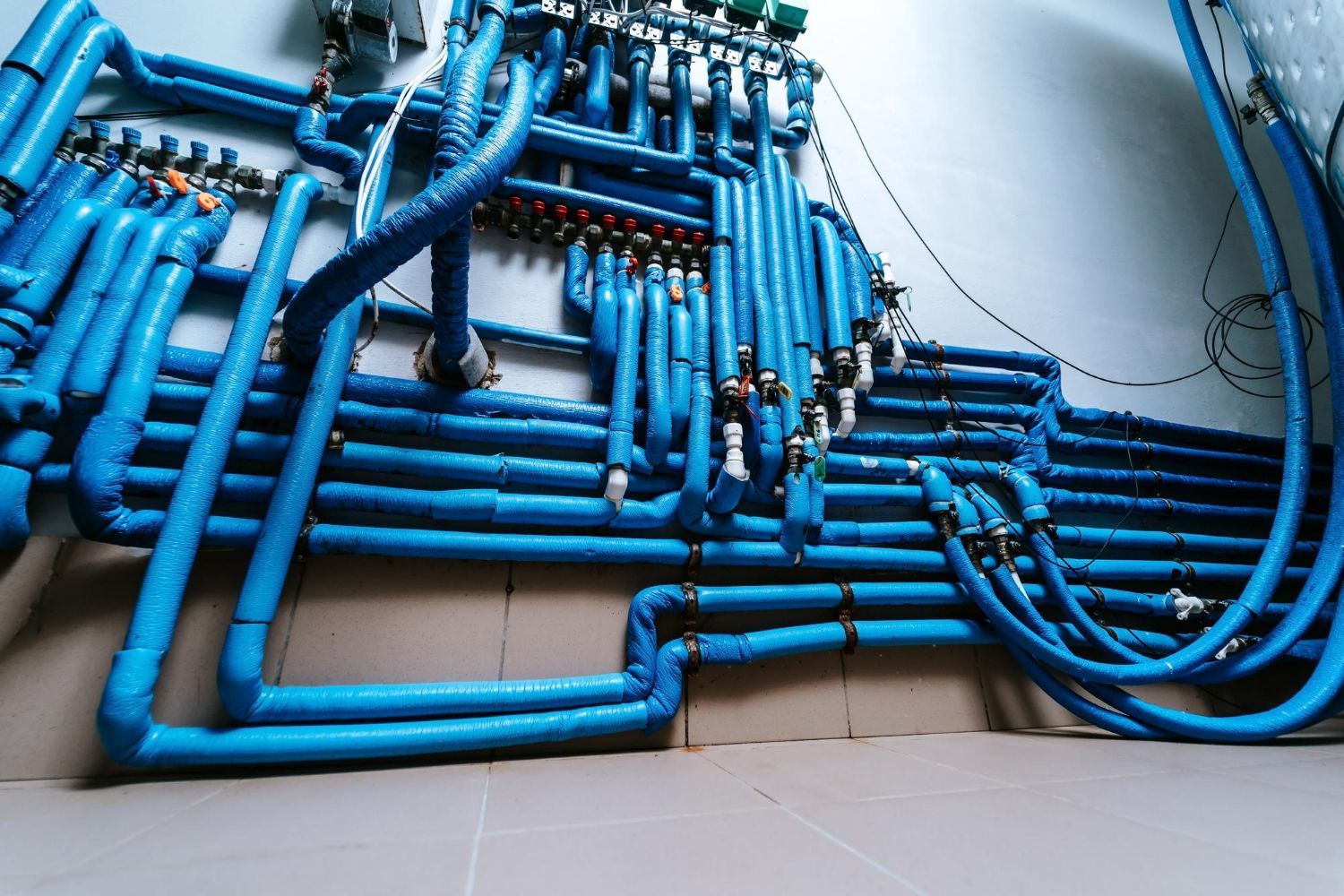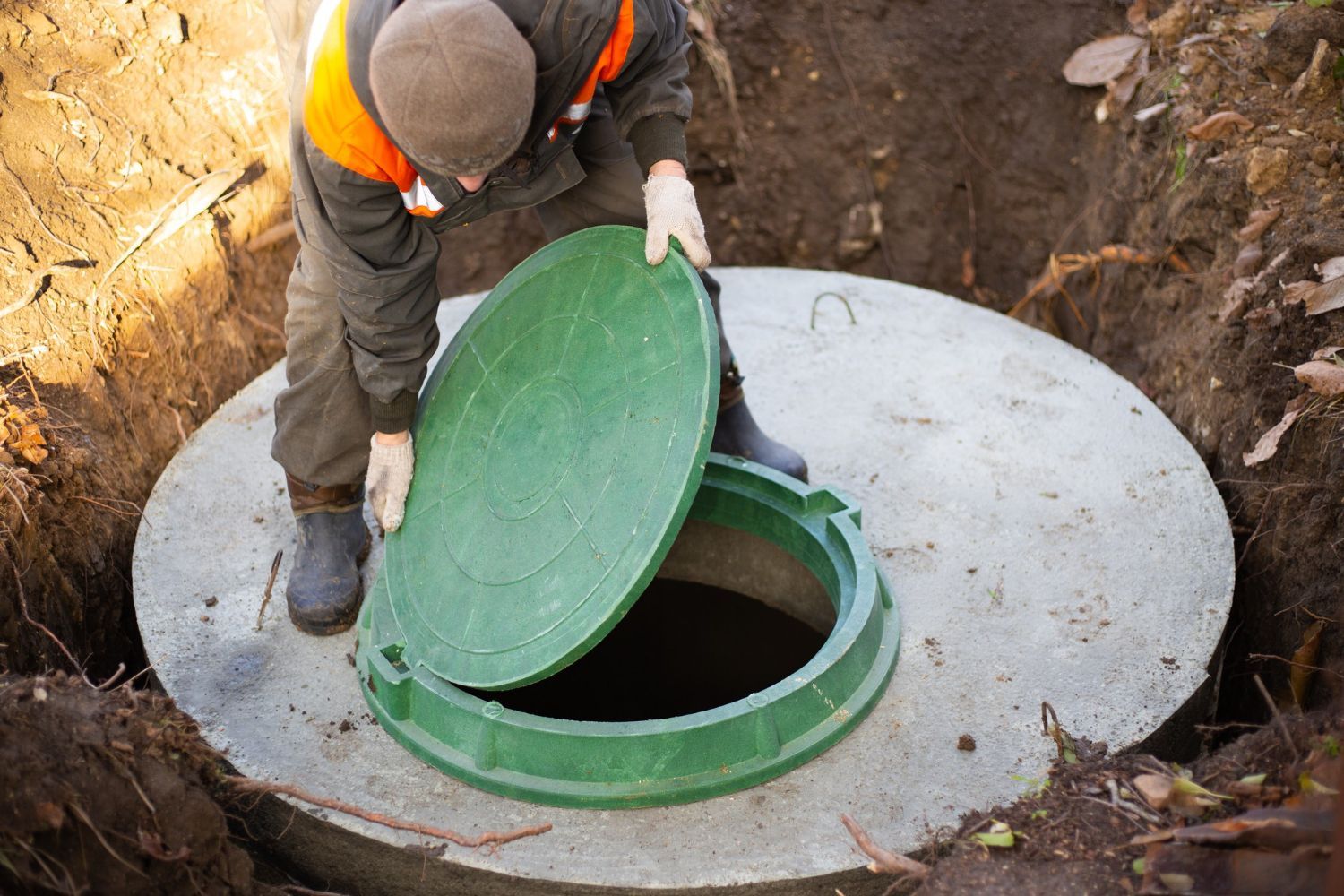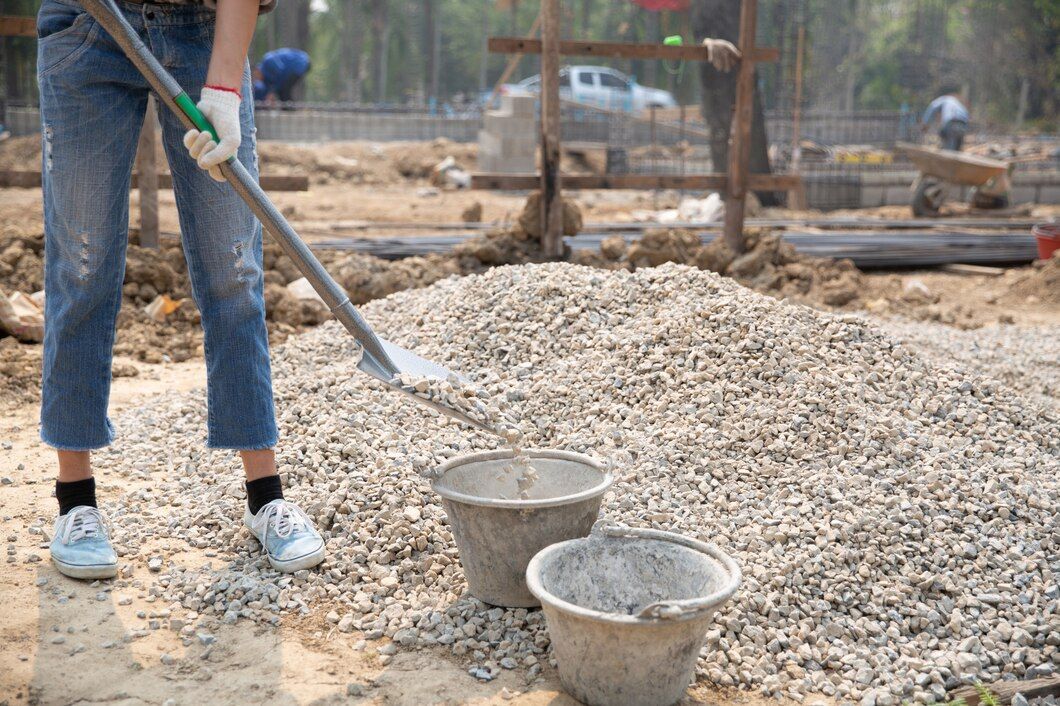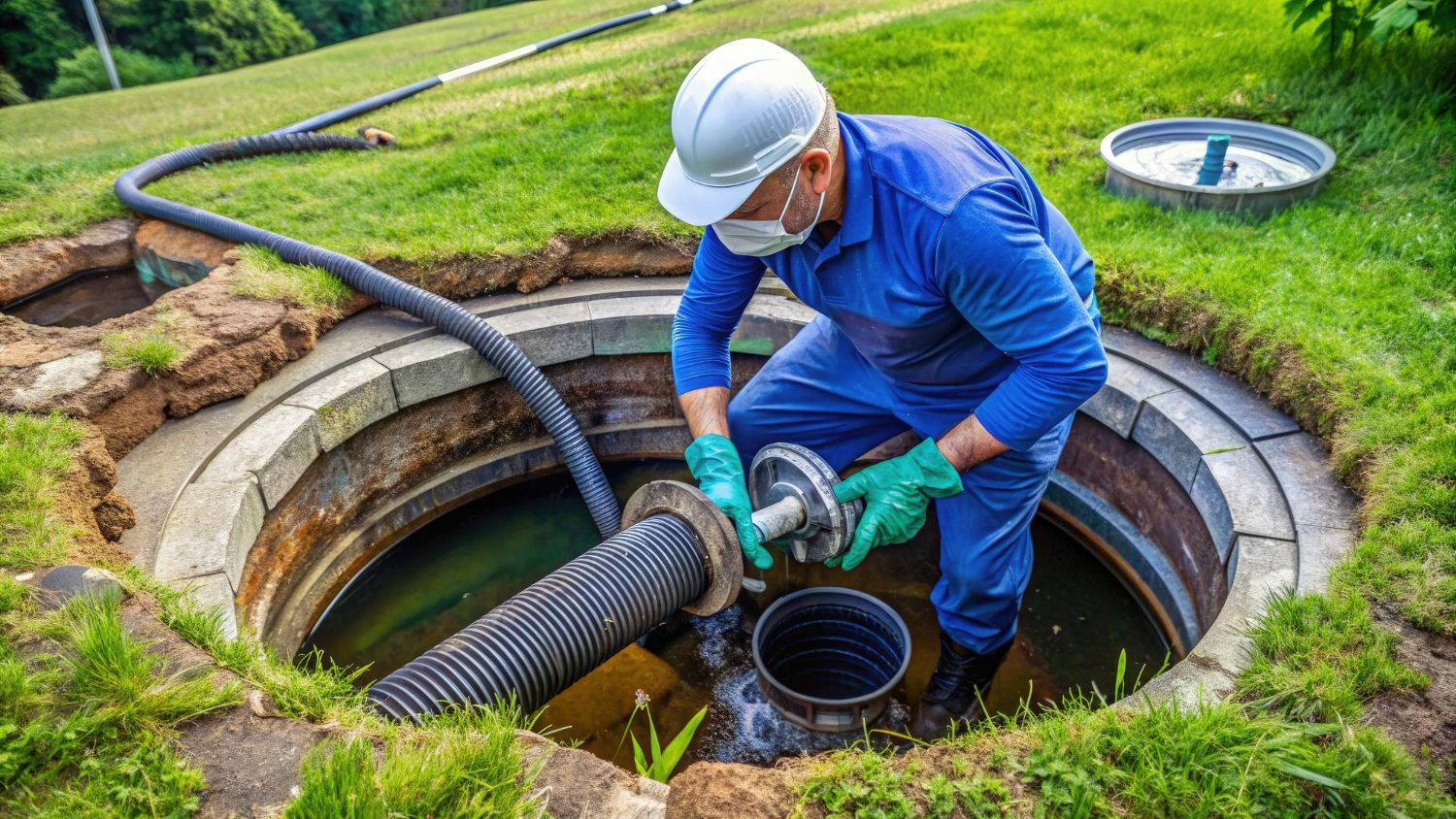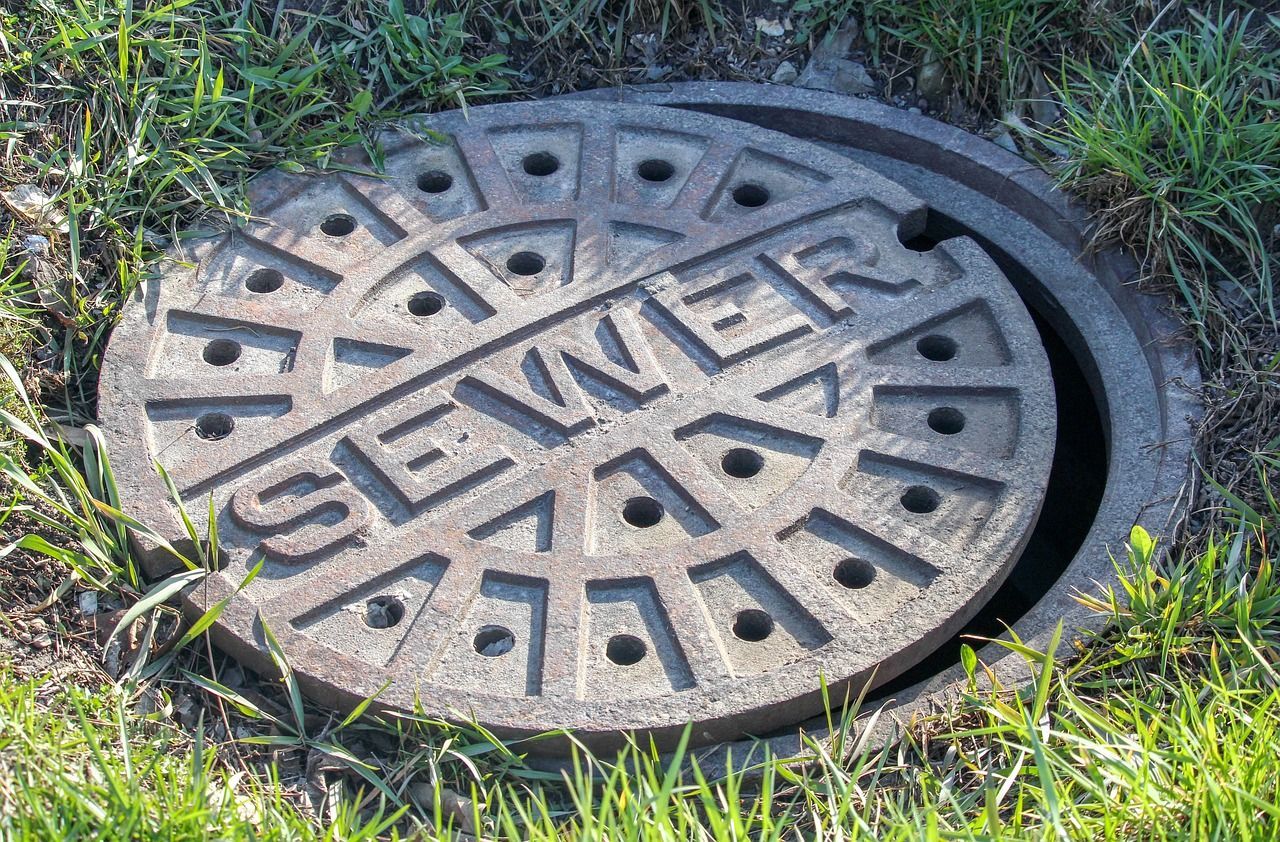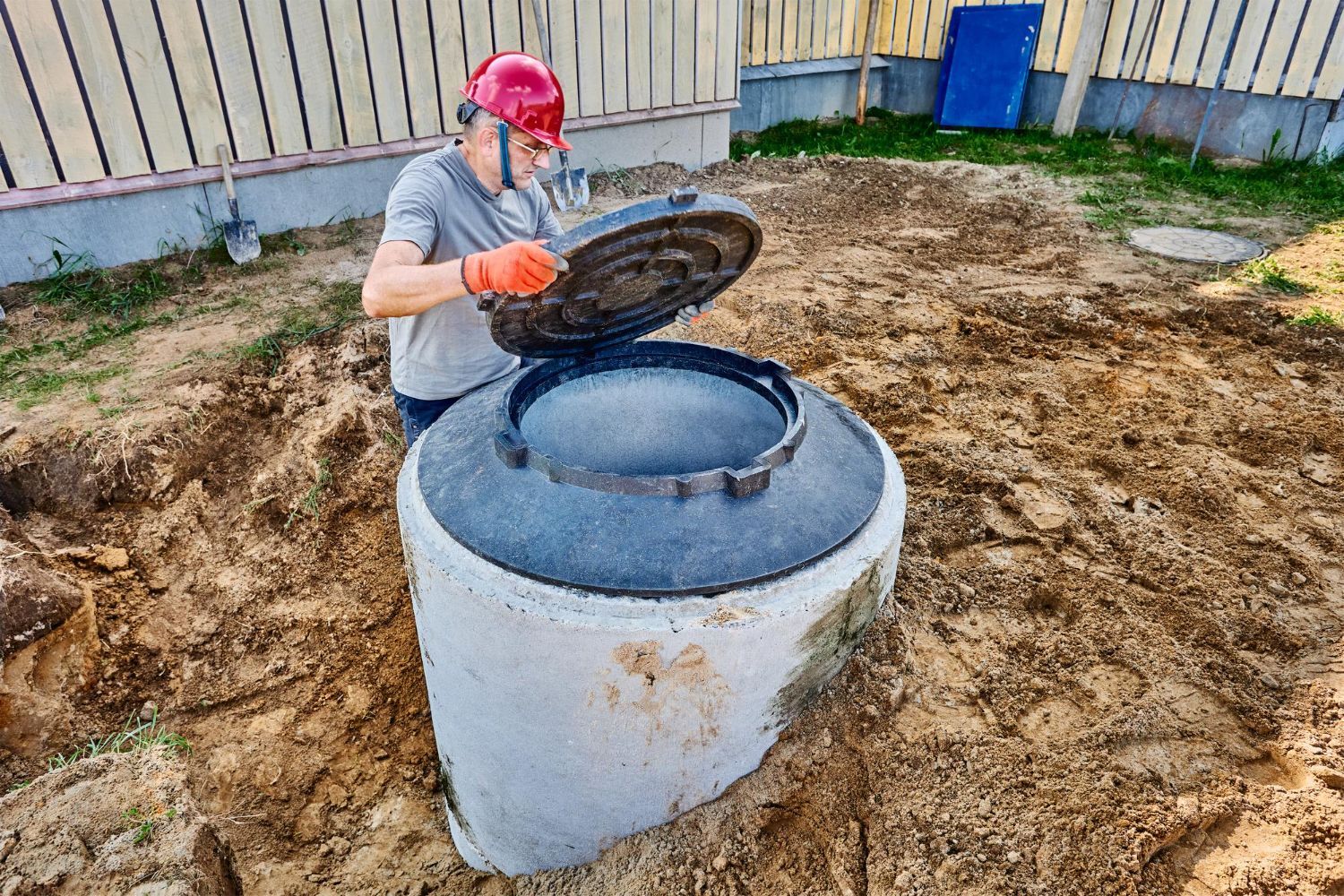Understanding Sewage Backup: Causes, Prevention, and Professional Solutions
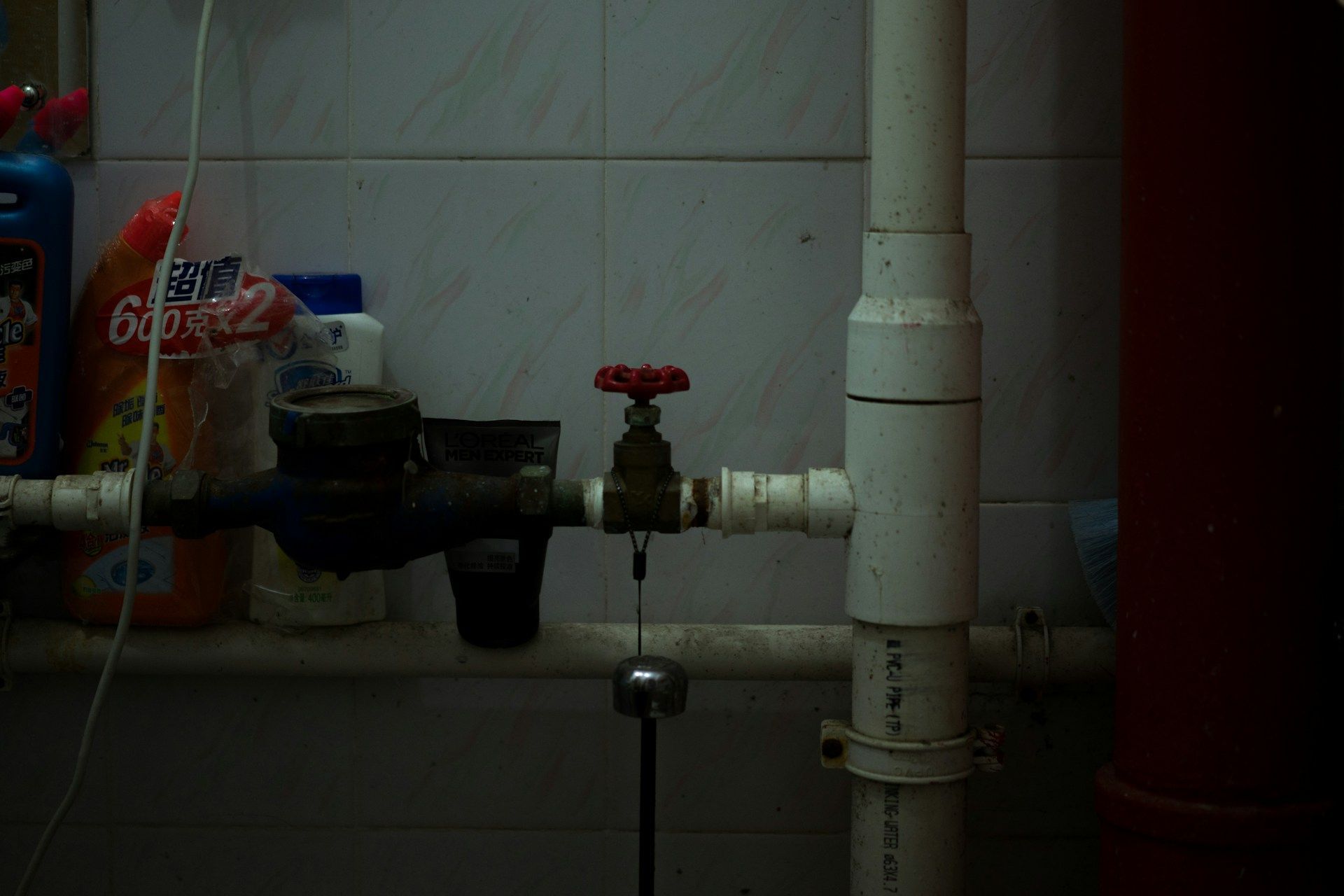
A sewage backup is one of the most unpleasant and hazardous plumbing issues that property owners can face. In addition to the foul odors and unsightly mess, sewage backups pose potential health risks due to harmful bacteria and pathogens. Understanding the causes behind sewage backups, implementing preventative measures, and knowing when to call in the professionals is essential for maintaining a safe and sanitary property, reducing the likelihood of costly repairs and damage.
In this comprehensive article, we will explore the most common causes of sewage backup, equipping you with the knowledge needed to identify potential issues and take appropriate preventative actions. We will also discuss the importance of professional assistance in addressing and resolving sewage backup situations, highlighting the benefits of enlisting skilled technicians to protect your property and health.
At Apollo Sewer & Plumbing, our dedication to providing exceptional plumbing and sewer-related services extends to residential, commercial, and industrial clients in Keyport, NJ, and the surrounding areas. Our expert team boasts experience handling various plumbing issues, including sewage backup prevention and cleanup. In the following sections, we will share valuable information about sewage backup causes, prevention, and solutions, empowering you to safeguard your property confidently and easily.
Common Causes of Sewage Backup: Identifying the Root of the Problem
Sewage backups can result from various issues within your plumbing system. By understanding the most common causes, you can take steps to minimize the risks and maintain a clean and functional property. Some of the primary causes of sewage backups include:
1. Blockages in the Sewer Line
Clogs within your sewer line can halt waste and wastewater from flowing away from your property, leading to a sewage backup. These blockages can be caused by grease, hair, disposable wipes, and other debris accumulating over time. Tree roots can sometimes infiltrate sewer lines, causing obstructions and backups.
2. Damaged Sewer Pipes
Breaks, cracks, or collapses in your sewer pipes can result in a backup, as wastewater can no longer flow efficiently through the system. Pipe damage can occur for several reasons, including aging infrastructure, ground shifts, and the freeze-thaw cycle in colder climates.
3. Combined Sewer Systems
In some areas, properties are connected to combined sewer systems, where both stormwater runoff and wastewater from homes and businesses flow through a single pipe. In the event of heavy rainfall or rapid snowmelt, these systems can become overwhelmed and result in a sewage backup.
4. Faulty Equipment or Misaligned Connections
Sewer equipment failures, such as malfunctioning backflow preventers or broken sewer check valves, can lead to sewage backups. Similarly, misaligned or improperly connected pipes can restrict the flow of waste and contribute to backup issues.
Prevention Strategies: Minimizing the Risk of Sewage Backups
To minimize the risk of experiencing a sewage backup on your property, consider implementing the following preventative strategies:
1. Properly Dispose of Waste
Avoid flushing items such as disposable wipes, cotton swabs, paper towels, and feminine hygiene products, as these can cause blockages in your sewer line. In the kitchen, refrain from pouring grease down the drain and use a strainer to prevent food particles from entering the pipes.
2. Maintain Sewer Lines
Schedule routine sewer line inspections and cleaning services with a professional plumbing company. This ensures that any developing issues are detected and addressed promptly, reducing the risk of backups.
3. Install a Backwater Prevention Valve
A backwater prevention valve is a device that allows sewage to flow one way: out of your property. Installing a backwater valve in your sewer line can prevent sewage from entering your home or business in the event of a backup.
4. Regularly Inspect Landscaping and Trees
Keep an eye on your property's landscaping, especially near sewer lines. If tree roots encroach on your pipes, consider consulting with a professional arborist for guidance on managing or removing them to protect your plumbing system.
The Importance of Professional Help: Resolving Sewage Backups Safely and Effectively
When faced with a sewage backup, enlisting the help of professional plumbers is essential to ensure safe and effective remediation. Some of the benefits of professional assistance in sewage backup situations include:
1. Proper Cleanup and Sanitization
Professionals are trained and equipped to handle sewage cleanup and sanitization, eliminating harmful bacteria and pathogens and preventing potential health hazards.
2. Expert Diagnosis and Repair
Skilled technicians can quickly identify the causes of sewage backups and provide the most appropriate solutions, including sewer line repair or replacement, addressing equipment failures, and removing obstructions within the pipes.
3. Preventative Recommendations
Knowledgeable professionals can also offer guidance and recommendations on preventing future sewage backups, such as maintenance tips, installation of backflow prevention devices, and landscaping modifications.
Protect Your Property and Health with Proactive Sewage Backup Measures
Understanding the causes of sewage backups and implementing preventative strategies are vital in maintaining a clean, safe, and functional property. When faced with a backup issue, relying on the expertise of professional plumbing services is crucial for proper resolution, ensuring the well-being of your property and its occupants.
At Apollo Sewer & Plumbing, our team of experienced professionals is dedicated to providing top-tier plumbing services in Keyport, NJ, and the surrounding areas. From sewage backup prevention to expert cleanup and repairs, we have you covered. Contact us today to schedule an appointment or learn more about our comprehensive range of services to safeguard your property from sewage backup and other plumbing challenges.

